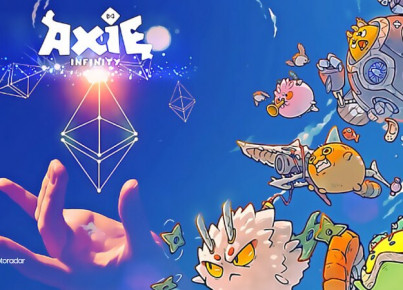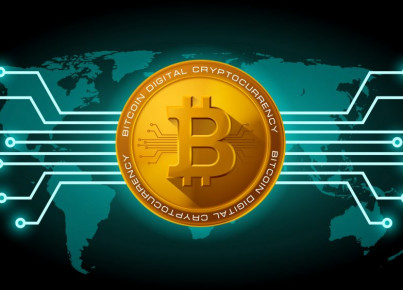Digital transformation is revolutionizing the world of finance and opening up new opportunities for profit. In the context of ASEAN, investing becomes a particularly easy and entertaining operation within everyone’s reach, given also the widespread familiarity with the world of video games and technological tools.
In Southeast Asia, the spread of cryptocurrencies grows in tandem with the ludicization of trading platforms. The meeting of these two trends gives rise to decentralized finance platforms (DeFi) that manage to transform the "cold, boring financial activities into fun, communal adventures that resemble the gaming experiences that young Asian investors are familiar with”
The synergy between the gaming industry and the world of digital finance has so far been particularly successful in Asia, given the centrality that both sectors cover in the economy of the continent. Thanks to the decentralization and transparency typical of blockchain technology, crypto-finance is presented to younger investors as a more equitable and accessible alternative than traditional finance. In addition, often the platforms are designed to make trading more and more similar to a video game, which lets glimpse the possibility of getting rich with simple and fun operations.
Axie Infinity, developed by the Vietnamese studio Sky Mavis, is among the most popular play-to-earn games: during the past summer, the historical volume of transactions exceeded the billion dollars, while the platform reached the share of a million active users per day (DAU). The ecosystem, which relies on Ethereum’s blockchain technology and is based on non-fungible tokens (NFTs), involves players in mining activities, essentially offering the ability to convert the accumulated virtual currency into real earnings.
These features have made Axie Infinity attractive not only to young digital natives, but also to precarious workers, for which the mining operations therefore become not only a profitable pastime but also a real profitable activity that guarantees a certain economic stability. Just think that for a citizen of the Philippines daily spend a minimum of two hours to develop and support the virtual economy of the game can have a significant impact on real life, reaching almost twice as much as an average monthly salary. Lily Z. King, CEO of Cobo, crypto asset management commpany and custodian platform based in Singapore, noted that "for its 2 million users, the game has already become a workplace, a bank and a stock market".
Indonesia is another ASEAN country where part of the population relies on the gamified DeFi to cover daily expenses. Of the million users who benefit from the digital entertainment and asset services offered by Singaporean Digital Entertainment Asset, about half are Indonesian, as the cryptocurrencies earned during the online gaming sessions are easily convertible into the local currency, passing through exchange as Indodax.
The recent trend towards the gamification of digital finance seems to bring with it a number of advantages, including the inclusion in the financial world of ever wider and more diverse sectors of society. However, some observers point to the potential risks of a system that relies on emotional involvement and whose playful dimension can easily lead to dependency, especially for younger and inexperienced people. The simplification and open-source nature of blockchain technologies does not prevent users from incurring serious losses resulting from the risks typical of the sector, such as extreme volatility and the danger of speculative bubbles, while high yields are not accompanied by guarantees such as those offered by banks and traditional investment accounts.
For these reasons, authorities must invest in financial education, ensuring that the population is provided with the tools and knowledge to prevent the attempt to keep up with digital transformation and technological innovation from becoming a dangerous game. In April, a group of Australian and Southeast Asian blockchain associations signed a Memorandum of Understanding establishing the Asean Blockchain Consortium (ABC), the first collaboration between actors in the sector to promote training on the subject, as well as proposing cross-border collaborations and with regulators to ensure legal compliance of regulations and encourage the adoption of technology.
Blockchain technology and crypto-asset markets are starting to revolutionize the paradigms of the industry, making finance more engaging and inclusive. As Chia Hock Lai, co-president of the Blockchain Association Singapore (BAS), pointed out at the signing of the agreement, all the actors involved have the task of "support the growth of the industry in a healthy and sustainable pace, while providing ample room for innovation".






